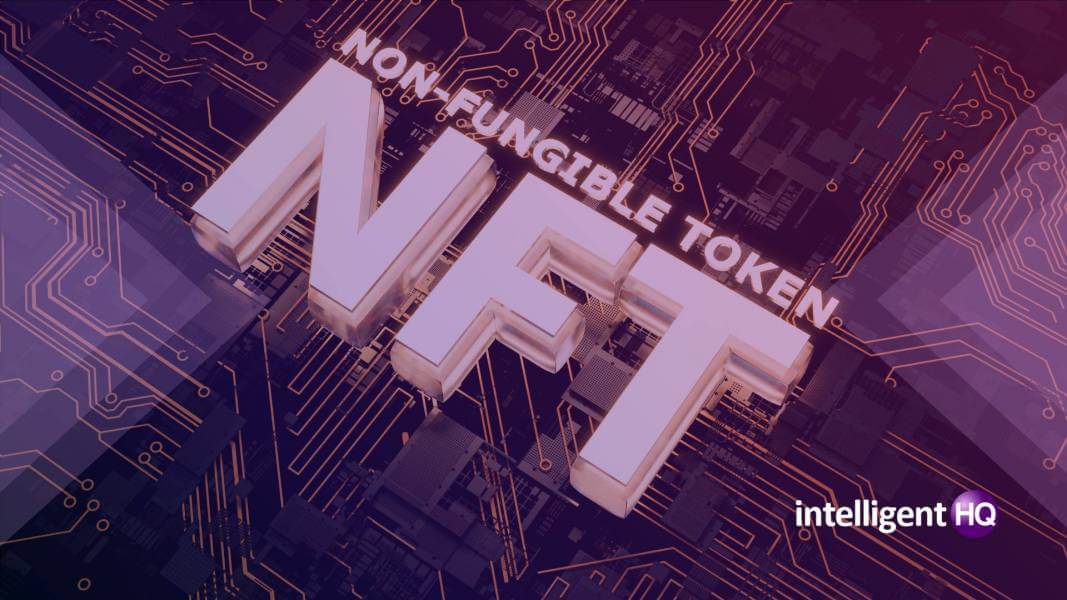Fungible Vs Non-Fungible : The New Frontier In The Financial System
Fungible Vs Non-Fungible : Fungibility is the feature of an asset or a commodity that can be interchanged with another one, with no compromise on its value. Since a fungible asset implies an equal value of the asset, it simplifies the exchange and trading process. On the other hand, NFTs (or Non-Fungible Tokens) cannot be exchanged because of their unique, immutable, and irreplaceable nature. Metaverse is the unified virtual space that allows a convenient creation and trading of these NFTs.

Fungible Vs Non-Fungible
The financial system has evolved over the years, altering the nature of assets over the course of time. An asset is considered to be the major investment tool that represents a certain intrinsic value. Gold and cash have been the fore players in the conventional monetary system, acting as currency standards for a very long time now. With Web3.0 fast approaching and blockchain already taking over the past decade by storm, cryptocurrency is the latest implication of fungibility.
However, quite recently, the mushrooming of Metaverse has opened an immense gateway for the NFT markets. According to Morgan Stanley, the luxury NFT brands are projected to reach $56billion by 2030. This figure is not hard to imagine after the sale of Beeple’s EVERYDAY’S: THE FIRST 5000 DAYS for a whopping $69 million.
The concept of Fungibility
Essentially, fungibility refers to interchangeable investments. This makes trading and exchange of assets much more convenient. With the expansion of financial markets, the demand for alternate (or equal) units of the asset enables a seamless trading experience.
Let us understand the concept of fungibility and how it enables a smoother trade. Imagine Jack lends $50 to Jill. While returning this money, Jill may either use the same $50 bill or another one. Since both are mutually substitutable, this hardly makes any difference. The repayment can even be done with two $20 bills and a $10 bill, or with five $10 bills. The total amount returned is $50 only. This is fungibility – something that can be interchanged.
Fungibility is different from liquidity, in the sense that liquidity is the ease with which an asset can be traded over the secondary market.
“A liquid asset is something that is easily sold whereas a fungible asset is interchangeable but not necessarily easily sold”, Shaun Heng, VP, Growth Operations and Chief of Staff at CoinMarketCap.
Non-fungibility: The antagonistic concept and its relevance in today’s evolving markets.
Simply speaking, non-fungible assets are non-distinguishable entities. A fungible asset may, essentially, require comparatively more time and energy to be traded.
An old telecaster guitar or a picture autographed by Rafael Nadal (for instance) is a non-fungible collectible. It is unique in its existence and, therefore, cannot be replaced or copied. Old coins, that are no longer in circulation, are also non-fungible. A vintage car is another example of a unique collectible.
The line, however, between fungibility and non-fungibility is very thin. Diamonds, for example, might differ in their cut, clarity, size, and grade. This makes diamonds (unlike other precious metals) non-fungible. Real estate (or a portion of land) is another example of a non-fungible asset. Every piece is different in terms of its location, state, and other characteristics.
NFTs are the recent craze in the markets, especially over the blockchain network. They are unique, immutable, and irreplaceable assets that cannot be interchanged under any circumstance. In other words, the owner of an NFT has rights over the asset. This does not mean that the NFT belongs to the owner.
For instance, an NFT owner of a baseball card does not actually receive that card. Rather, an ownership certificate is registered over the blockchain network that grants the ownership rights to the buyer.
Fungible Vs Non-Fungible
Fungibility in the Metaverse
Metaverse is a vast virtual space that has immense opportunities for various verticals of business and commerce. This realm is underlined with the solid foundations of trusted blockchain principles and is constantly fuelled by the power of cryptocurrency. It is the fungibility of currency that makes Metaverse, as we understand today, more reliable and trusted amongst its participants. Even the unique collectibles and artifacts, NFTs, are traded with the fungible nature of crypto.
For instance, Bitcoin has some measurable value across various currencies over the blockchain. It can be traded for an equivalent value. It is, thus, a fungible item. Further, one Bitcoin can be fractionated for trading and exchange purposes.
Also, the coin price may fluctuate, owing to the dynamic nature of the markets or its demand-supply equilibrium. Despite these fluctuations, every unit of Bitcoin that occurs over the blockchain network carries the same value. This explains the reign of fungibility even in the concepts that are yet to be tapped to their full potentials (like the Metaverse).

Founder Dinis Guarda
IntelligentHQ Your New Business Network.
IntelligentHQ is a Business network and an expert source for finance, capital markets and intelligence for thousands of global business professionals, startups, and companies.
We exist at the point of intersection between technology, social media, finance and innovation.
IntelligentHQ leverages innovation and scale of social digital technology, analytics, news, and distribution to create an unparalleled, full digital medium and social business networks spectrum.
IntelligentHQ is working hard, to become a trusted, and indispensable source of business news and analytics, within financial services and its associated supply chains and ecosystems



























